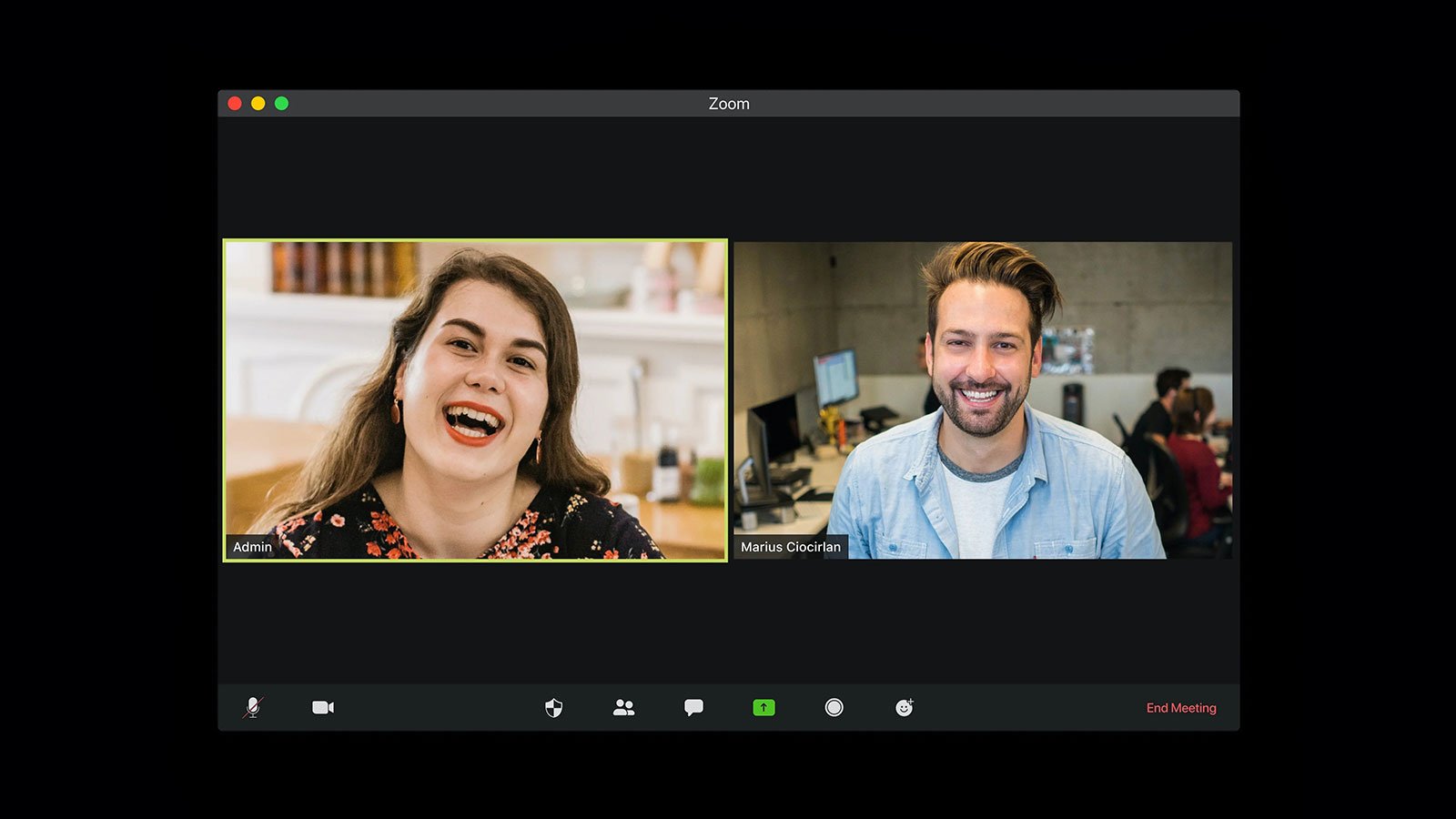Caring is Everyone’s Business

Employees may feel like they’re alone on an island – with little support or help – when trying to care for children with special needs or elderly loved ones, while holding down full- or part-time jobs. These modern caregivers may be hesitant to share the pressures they’re under with their bosses for fear that they’ll be skipped over for promotion or perceived as less dedicated to their jobs because of their personal responsibilities outside of work.
I contend that caring should be everyone’s business. In my work with companies across the country, I know they, too, believe that caring is good business. More than ever, their employees now face demands from both children and elderly relatives who require significant care and support. These working individuals are the modern caregivers, which we discussed in an earlier blog. And they total more than 22 million in the U.S., representing 15 percent of the country’s workforce, according to a recent Ceridian report.
The impact of caregiving is a silent epidemic in the workplace. Consider that one in five U.S. children have been diagnosed with autism, ADHD, learning disabilities or other special needs. Add to that the fact that the elderly population is expected to double over the next three decades.
The impact? About 63 percent of modern caregivers have resorted to taking sick days, leave from work, declining a promotion or taking vacation days in order to fulfill their caregiving duties. The Ceridian report noted that “the financial impact of caregiver absenteeism is jaw dropping: Based on the average 9.8 days of absenteeism indicated by our respondents multiplied by the number of working caregivers and average salaries, we calculate that working caregiver absenteeism and the resulting lost in productivity costs employers just under $38.2 billion annually.”
Employers can offset this productivity loss by providing additional supports for the modern caregivers in their ranks. While many companies rely on behavioral health resources and employee assistance programs (EAPs), these well-intended solutions are often either overly prescriptive, with a one-size-fits-all approach, or aren’t enough to provide caregivers with the meaningful support they need to help their loved ones. What these modern caregivers really need is guidance throughout their caregiving journey. Guidance which is personalized for their unique scenarios, challenges, and preferences, and which will then direct them to the most appropriate behavioral health interventions and/or counseling resources.
With the Torchlight platform we are helping employers bridge this gap, while enabling the company to address productivity losses and associated costs, such as their healthcare spend, related to supporting the modern caregiver.
Torchlight is proven to deliver significant benefits and ROI to companies’ bottom line:
Reputation – for many companies, corporate culture is king in terms of recruiting and keeping talented employees. The Torchlight platform is a unique benefit that gives these employees the resources they need to care for loved ones, and helps them build customized roadmaps so they don’t have to figure it all out on their own.
Retention – The U.S. Department of Health and Human Services estimates that 24 percent of employee caregivers cut hours or quit their jobs. Torchlight can ease their burdens, and hopefully stem the need to leave or work fewer hours.
Reengagement – More than five hours per week are unproductive at work for employee caregivers, according to the Journal of Human Resources. By offering Torchlight’s guided approach to developing the best care plan for their loved ones’ unique needs, the modern caregiver will have less distractions during the work day.
Reduction – What many caregivers today don’t realize is that their loved ones could be eligible for public services, rather than going through their company’s health plan. With a resource like Torchlight, its possible that employers and caregivers could discover ways to move an average of $3,381 per employee caregiver from health plans to public services.
Given the impact of modern caregiving on the workplace, employers have a responsibility to establish a culture of caring and provide employees with the tools to guide their personal and critical journey of supporting their loved ones. The Torchlight platform can play a central role in building that culture. To learn more, I invite you to check out our demo or contact us for additional information.



